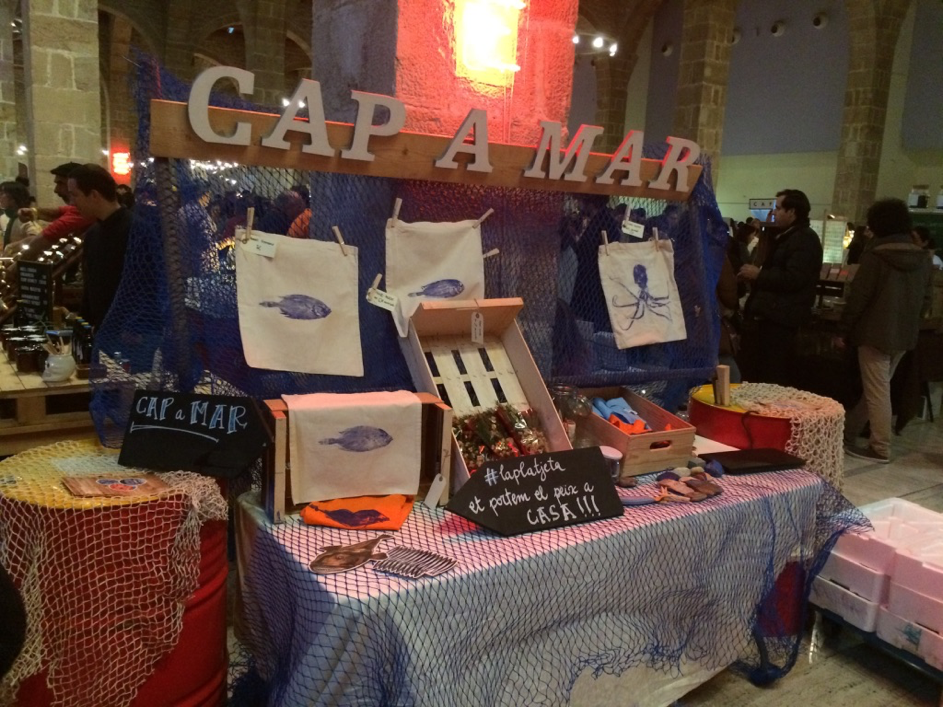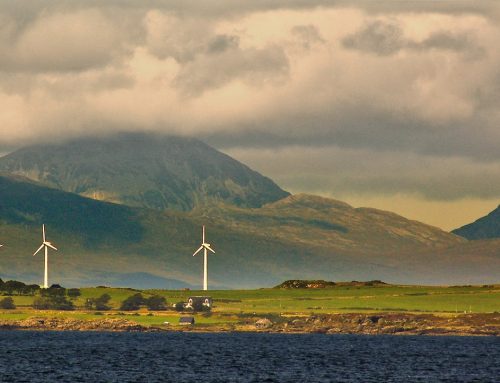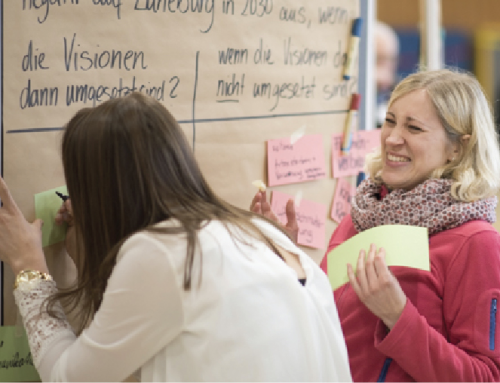You have probably heard of veggie baskets – but have you ever heard of a fish basket? (See our post on Fish Box for more on this). The initiative “La Platjeta”, based in Barcelona, Spain, delivers fish baskets, fresh from the sea, to their clients. The peculiarity of their model is that species other than the ones the market dictates are targeted: La Platjeta has specialised in seasonal fish and species that have been forgotten over the decades, but that are equally tasty. Therefore, in their basket, you might get greater forkbeard and conger instead of tuna and cod.
However, they soon realised that offering these species alone would not solve the problem of unsustainable fishing. Not only had the fish species been forgotten, but the knowledge associated with cooking these fish had too, as very few people still remember how to fillet and prepare them. From this realisation, the idea emerged to create the organization “Cap A Mar” that has the mandate to make underutilised species and the cultural heritage of artisanal fishing more widely known by offering various activities: visits to the dock, workshops on how to fillet and prepare the fish and tasting of forgotten species. They believe that the key to sustainability for both the fishermen and the sea is to fish less, but to try to give the fish added value. The initiative that started from just one fisher family is now also incorporating other families.
With their work, La Platjeta releases pressure from overfished ecosystems, since instead of targeting the exploited populations, they are capturing species that – from a market perspective – are not very popular. Knowing beforehand how much fish they need to capture, they also avoid fish discard. Next to the environmental perks, this innovative fishing initiative also has important social benefits:
The organisation raises awareness about traditional fishing – today, many people don’t know that there are still fishermen in Barcelona going out every day, let alone which local species can be consumed in which season. They foster a younger generation of sustainable fishers by making people fall in love with the sea. This is crucial as the artisanal fishing sector is suffering from an aging workforce and a lack of interest from young people.
All in all, La Platjeta has the potential to reconnect people with the marine world and make them value the sea and the cultural heritage of the fishermen. You could say the future of fishing may lie in its past.
By Leonie Guerrero Lara



